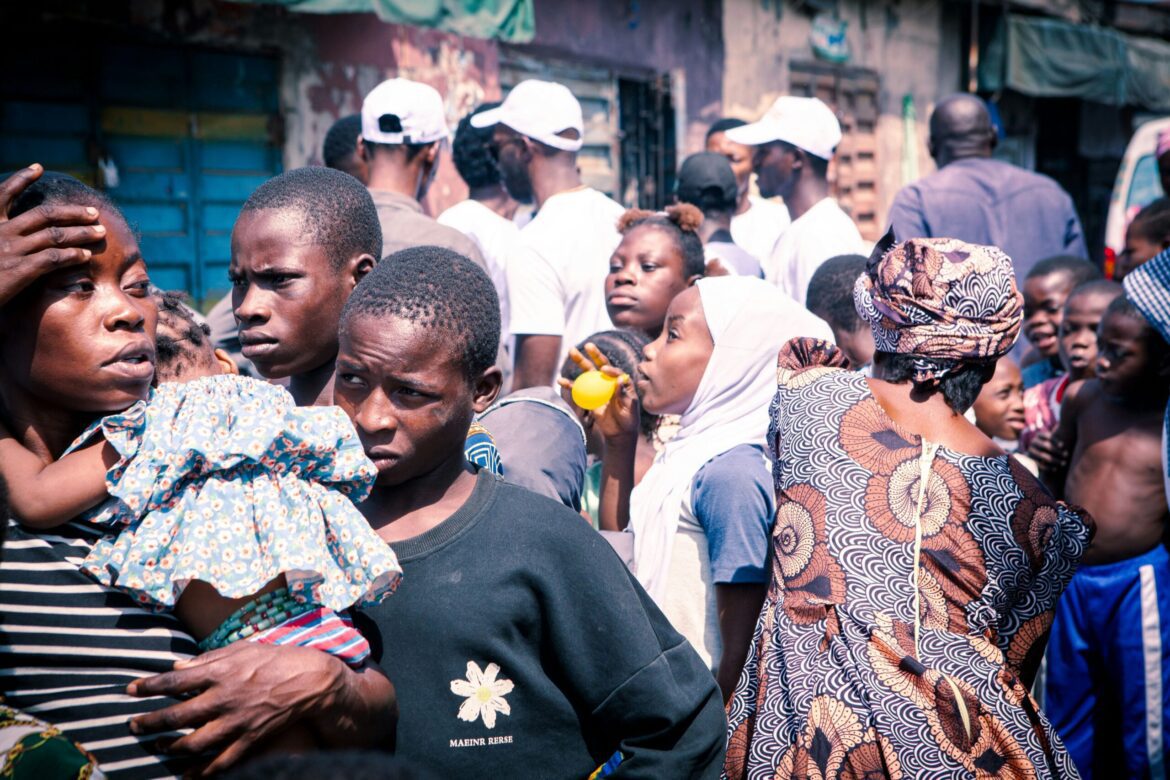The World Health Organization (WHO) has officially declared the mpox outbreak in Africa, specifically the clade Ib strain, a global public health emergency. This marks the second time in less than two years that WHO has made such a declaration regarding mpox. As of mid-August, the outbreak has resulted in over 15,600 suspected infections and more than 537 deaths, with the Democratic Republic of the Congo bearing the brunt of the crisis.
In response, WHO has called for immediate international action, including the deployment of vaccines and specialized interventions. The Africa Centres for Disease Control and Prevention (Africa CDC), alongside other global health partners, is mobilizing resources and executing strategic plans to curb the spread. A significant development came on August 26, when Germany announced it would donate 100,000 doses of the Jynneos vaccine, a key tool in controlling the disease.
As African nations brace for intensified public health operations, Europe is also taking preventative steps. European regulators have elevated the mpox threat level, prompting expanded screening and vaccination campaigns at major travel hubs and border crossings. These measures aim to prevent spillover and contain potential flare-ups in other regions.
Meanwhile, in the United States, the healthcare spotlight shifted to a different front: mental health treatment. The U.S. Food and Drug Administration (FDA) began its review of midomafetamine, commonly known as MDMA, used in conjunction with psychotherapy for treating post-traumatic stress disorder (PTSD). The Prescription Drug User Fee Act (PDUFA) deadline was set for August 11, by which time the FDA is expected to make a final decision on the therapy’s approval.
If granted approval, MDMA-assisted therapy would become the first psychedelic-based treatment for a mental health condition to be authorized in the U.S., signifying a potentially historic moment for psychiatric care. The therapy has garnered significant attention for its reported effectiveness in clinical trials, offering hope to patients suffering from severe, treatment-resistant PTSD.
This week highlights the dual pressures facing global health systems: containing a fast-moving viral outbreak in Africa and weighing the merits of groundbreaking, alternative therapies in the mental health sector. The WHO’s mpox emergency declaration calls for urgent, coordinated global action, while the FDA’s pending decision on MDMA could reshape mental health treatment paradigms. Both developments underscore the ever-evolving landscape of international health policy and innovation.

